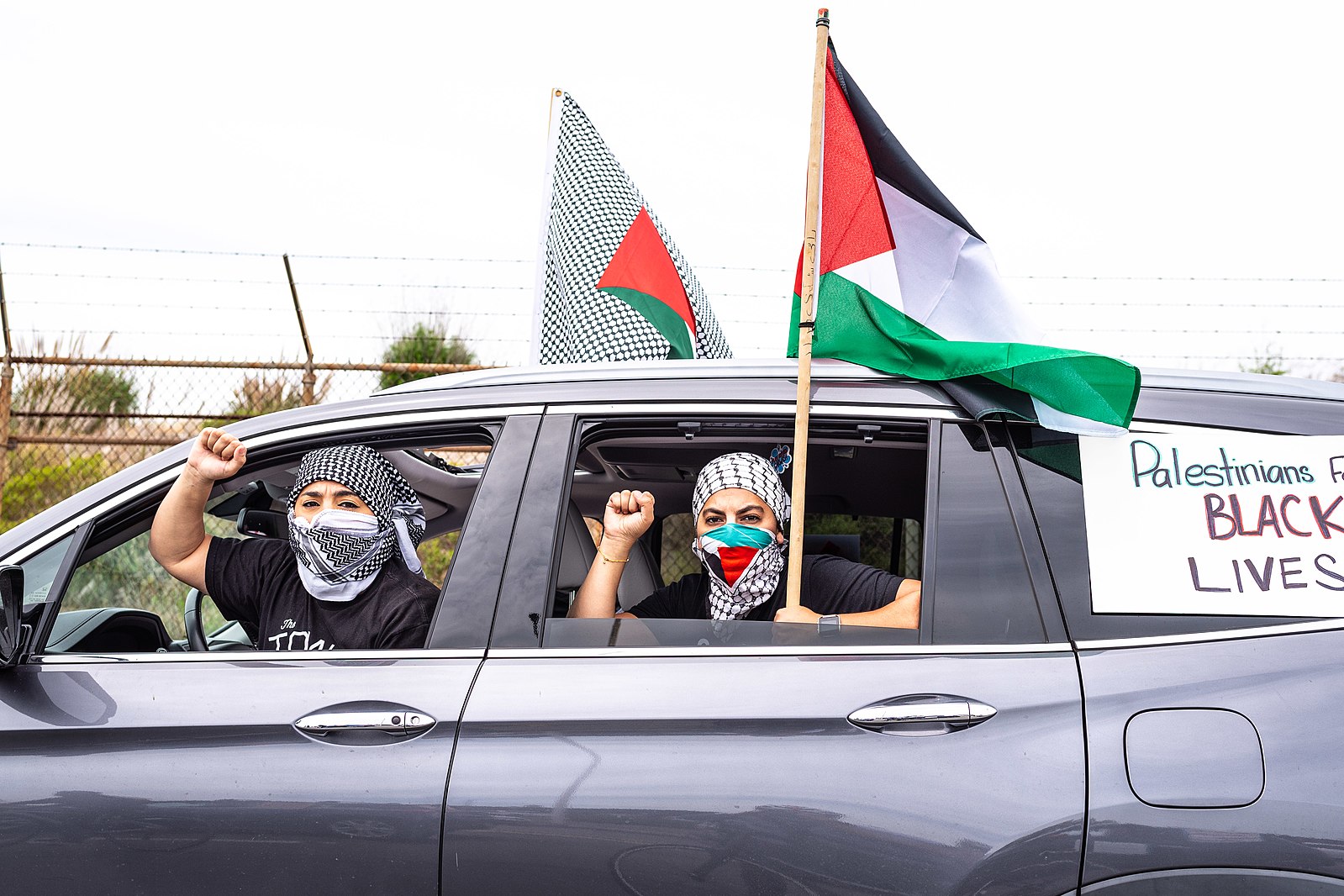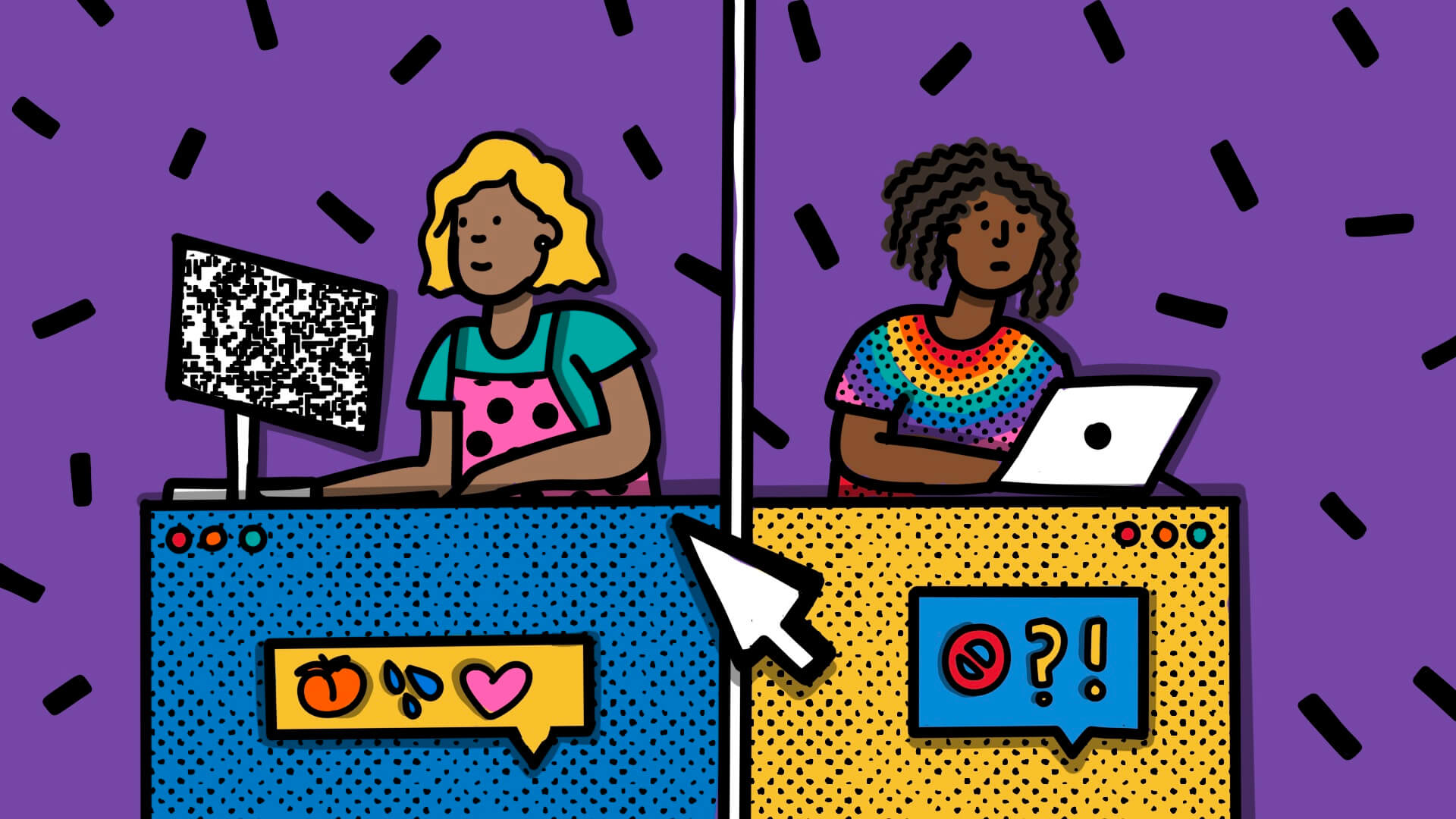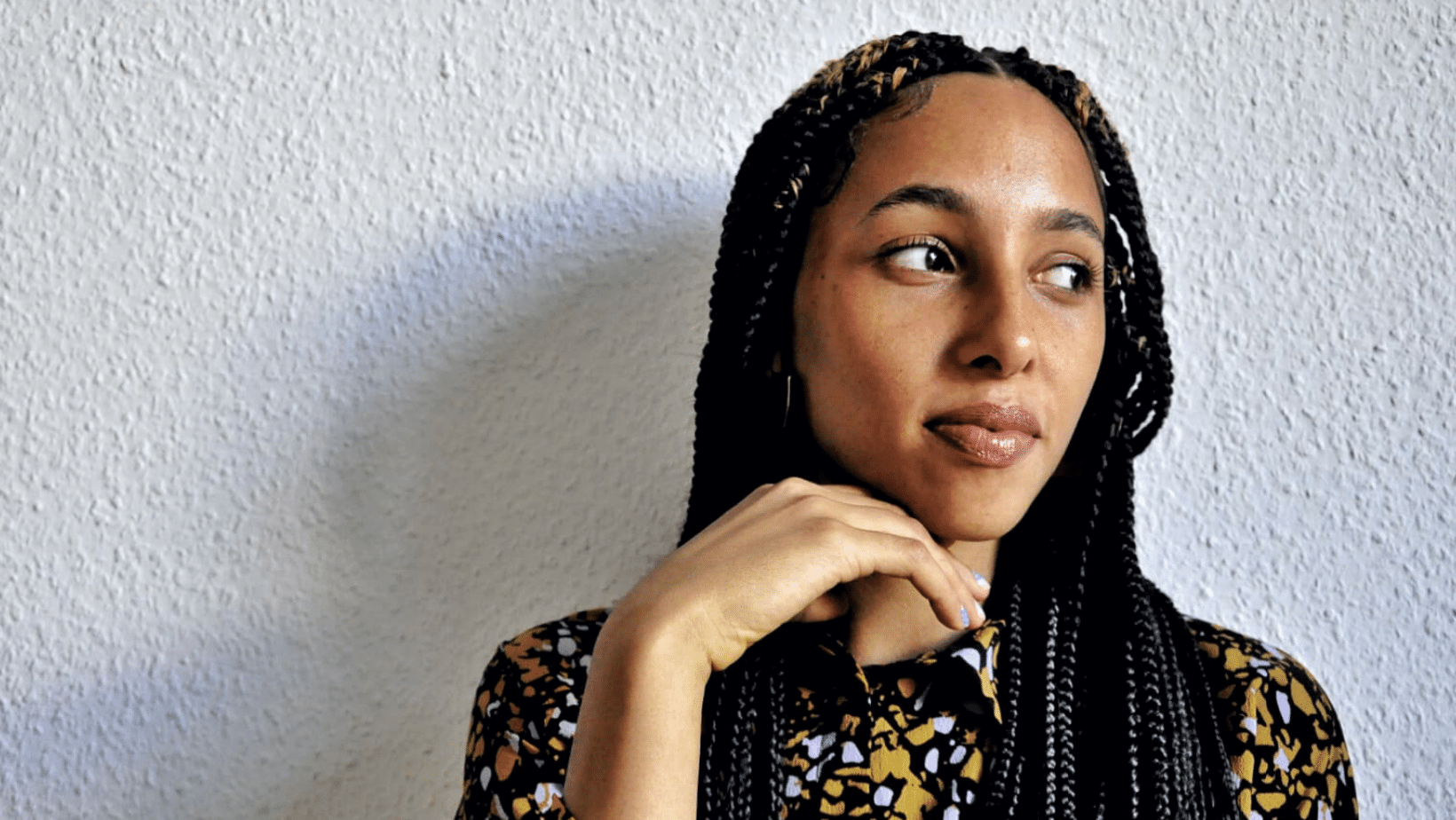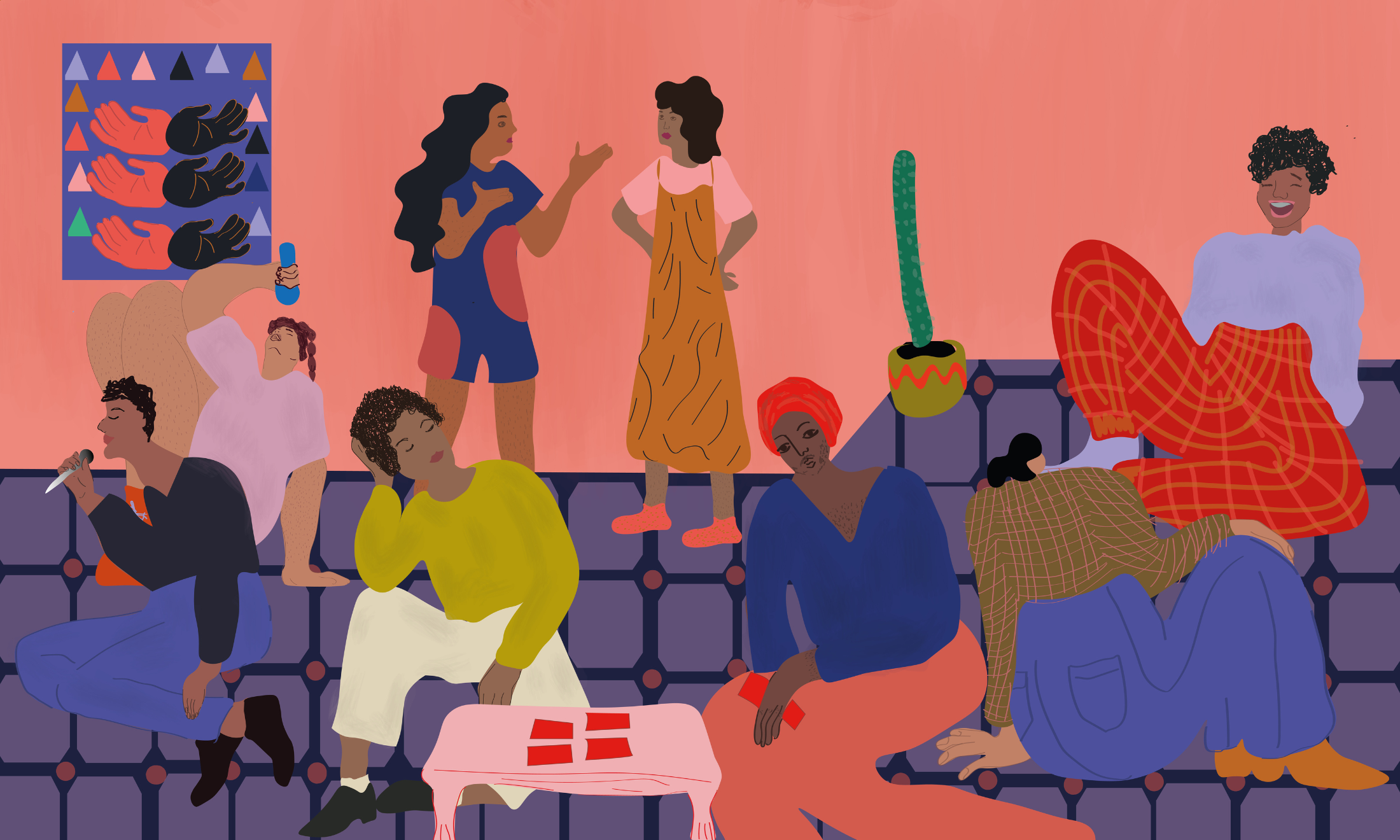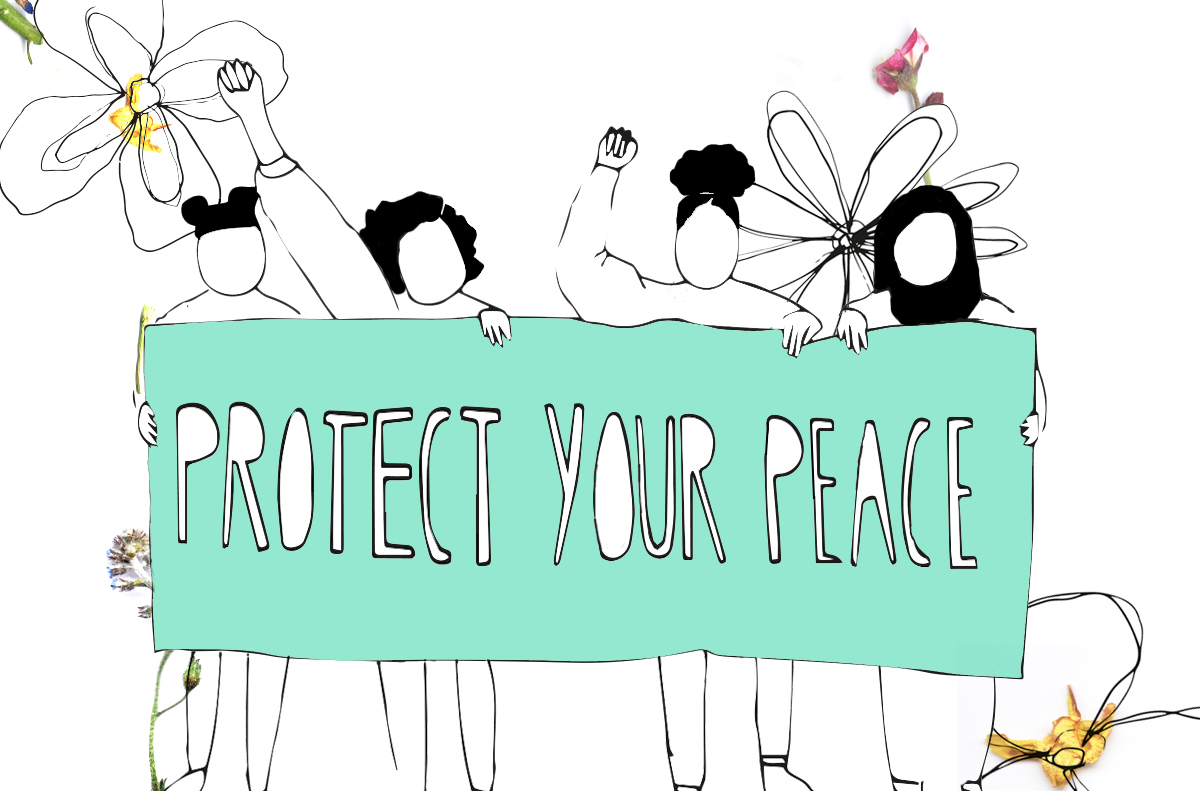
“Caring for myself is not self-indulgence, its it self-preservation, and that is an act of political warfare” – Audre Lorde
Not only is it an act of political warfare, caring for ourselves is essential to ensure sustainable activism. Self-care takes on different forms and I am particularly vocal on the way setting boundaries is part of that. As activists and campaigners, our resilience and boundaries are constantly tested. It’s part of the job, but it also comes as a result of unreasonable requests and demands whether we’re called to act as counsellors for people who (tenuously) share similar experiences to us, or whether we are asked to cut ourselves wide open and share our personal stories.
When it comes to the latter, I often wonder where the line is drawn; when does sharing our trauma move from mobilisation to a mere form of “popcorn entertainment” (a term coined by my partner). It is something that plays on my mind a lot. It’s often the deciding factor on whether I will partake in a panel, interview or event. There is a way that stories of trauma and ruthless experiences are unhealthily consumed. I am especially conscious of how black pain, endurance and resilience is fetishised and publicised time and time again.
I am involved in HIV activism on a local, national and international level. My activism mainly focuses on representation, tackling stigma, healthcare access and legal rights. As a person living with HIV, I have been asked to have “quick chats” with people who aren’t taking their medication or struggling with their HIV diagnosis. I am asked to soothe them and help them overcome, whatever it is their friend or relative feels they need to overcome. I’m asked by people I don’t know that well to speak to people I don’t know.
“I am an activist and I am vocal, but what I am not is a counsellor”
I am an activist and I am vocal, but what I am not is a counsellor. My Facebook private messages and Twitter direct messages are not the place. Other activists may have a different approach, but for me, that’s my boundary. Resilience is not limitless and there is no fast-track to emotional/mental wellbeing that a “quick call” can fix. Especially for us activists whose work centres around access and representation, many of us are not qualified to provide mental or emotional wellbeing support. I have gone back and forth with a few people who have asked me to do things I honestly do not feel I am capable of doing and I have had mixed reactions when I have set that boundary.
There is an unwavering resilience that is expected from black women, whether it’s to provide emotional support, forgo the need for paid work or privacy in the name of “the cause”. It’s exhausting and can be harmful, especially when there is the expectation that our personal lives should be available for everyone to consume. In the words of belle hooks: “we [black women] have to resist again and again people that deny us that space of emotional wellbeing, by keeping us trapped into the plantation culture.“
“There is an unwavering resilience that is expected from black women, whether it’s to provide emotional support, forgo the need for paid work or privacy in the name of ‘the cause'”
There is this blurred line about authenticity equating to vulnerability, that you aren’t your true self unless you expose every intimate part of your life to the world. I disagree. It can be muddy waters in the activist world, so where does that sentiment leave those of us whose activism does not involve crying on stage, or talking about who else is sharing our bed? Storytelling and learning about others’ experiences is important to humanise statistics so that we’re not simply crunched as anonymous numbers. I however, have seen how this reasoning has been used to exploit people into telling their story and sharing more than they were comfortable with.
Sharing your story is a form of representation yes, but it is not the only type. My scepticism comes because of the type of story that is too often requested. The focus is on the pain and the trauma, rather than the whole experience. Black Africans are disproportionately affected by HIV, in the UK and globally. As with most campaigns (regardless of the cause) there is an issue of representation, which means that many UK HIV charities’ senior teams are white people. There have been too many occasions where I have seen the awkward ticking of the “we’ve heard the Black female experience” box, at conferences – form of representation that can be summed up as a black woman sharing her experiences with an audience of programme leads and senior staff who look nothing like her. When representation is reduced to who is speaking on stage, it ignores who is writing the script, planning the running order and deciding who can come to the event. It’s not enough to say “we heard their story today”. When representation is reduced to who is speaking on stage, many find themselves being asked to ignore their boundaries and discomfort and share their stories.
Activists, be firm with your boundaries. If you adjust them, bear in mind your wellbeing. It’s very unlikely that those who are asking you to dig deeper and go further will support you if you go too far and become overwhelmed because you’ve shared your life story on stage, or in a magazine.
Many of the boundaries I set, I feel guilty about (I question myself and wonder if I’m doing enough for the cause), but I know what is at stake if I don’t. My activism will suffer and will be unsustainable if I sacrifice my emotional and mental wellbeing. Social injustices affect people who are generally more marginalised in society (it’s part of the injustice). Part of that marginalisation involves denying us of our humanity and expecting strength and perseverance to an unreasonable level, but people are not entitled to unlimited unfiltered access to you. They are not entitled to prod and poke away at your trauma for their own curiosity, in the name of activism or even for their own healing. Tell your story on your own terms. Protect your peace.


